Productivity gives rail the competitive edge over air
Posted: 18 August 2016 | | 3 comments
Sophie Krishnan, General Manager of Business and Ancillaries at Trainline looks at why business travellers are swapping plane for train on high speed routes in Europe.
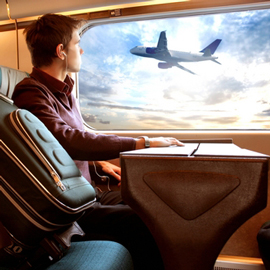

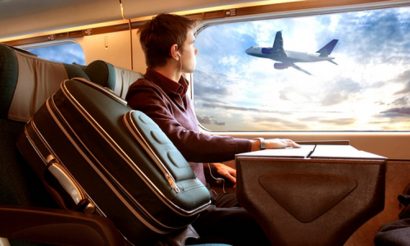

Europe has been investing heavily in its rail network, and with more ambitious plans in the pipeline, business travellers are taking notice. It’s particularly apparent on high speed routes of four hours or less, where travellers are increasingly recognising the convenience that rail offers over short-haul air. And there are many reasons for it.


Sophie Krishnan, Trainline
First, rail is convenient. It gets the business traveller to their destination with less stress and extends productive time. That matters a lot to the busy and time-conscious business traveller. Train stations are typically very close to business centres, so you’re travelling city centre to city centre. Trains are less likely to be delayed due to bad weather and are often more comfortable than planes – greater legroom, more working space – as a 5’10” business traveller, this makes me a huge fan! And it’s much easier to hop on and off a train, where no checking and boarding process means very little queuing and waiting.
It has also become very easy and efficient to get what you need. It used to be more cumbersome to book or plan rail journeys for work than those through air. But this generation of business travellers can now benefit from powerful technology for their rail trips. You can search the best travel options in a matter of seconds, get tickets straight to your phone, purchase or exchange tickets in a click or two, get automatic refunds, navigate efficiently through the station, buy your refreshments upfront, send your ticket to expense, or share your itinerary with your colleagues or family back home – the list is endless and all at the tap of your phone!
“90% of managers surveyed viewed rail travel as productive time, while only 6% said the same about air travel”
What’s more, when you’re on-board, technology also makes your journey a very productive experience, with on-board Wi-Fi connectivity and entertainment services when it’s time to relax. Many now see air travel as ‘wasted time’ that could be better spent working at a train table. Indeed, research by Belgian operator Thalys showed that 90% of managers surveyed viewed rail travel as productive time, while only 6% said the same about air travel.
Rail is also very flexible, which is key for the business traveller. Last minute decisions and changes to plans are easy to accommodate. Here at Trainline for Business, our research shows that business travellers highly value the ability to manage bookings real-time, given the changes in their days. They look at journey information on the go and amend or cancel last minute. Indeed, our data shows that those travelling for work make changes to their rail journeys five times more frequently than those travelling for leisure. Flexibility is a business traveller’s best friend and it’s something air struggles to deliver on.
“Those travelling for work make changes to their rail journeys five times more frequently than those travelling for leisure”
A final factor, especially for the modern business and its employees, is the chance to limit impact on the environment. Taking a train from London to Paris instead of flying, for example, can cut CO2 emissions per passenger by a whopping 90%. For businesses conscious of their carbon footprint, it’s a no brainer.
As countries in Europe invest in upgrading their infrastructure and service, rail on the business-critical routes is taking share from air. High speed rail is helping to achieve this – investment has resulted in an extensive network of more than 6,000km of high-speed track throughout Europe. Projections suggest that by 2020 the continent’s high speed rail network will expand by more than 5,000km and grow passenger volume by more than 40%. Since the introduction of the high speed link between Barcelona and Madrid, for example, rail’s market share has grown from 10 to 70 per cent, and Eurostar now claims more than 75% of the combined rail/air market on its main routes. Eurostar earlier this year reported 10.4 million passengers had used the London-Paris service in 2015, up from 7.8 million a decade before.
“By 2020 the continent’s high speed rail network will expand by more than 5,000km”
The UK has a lot of catching up to do on high-speed infrastructure, but the wheels are rolling. Major investments like HS2, HS3 and the electrification of tracks on the North West line, the Great Western Mainline and on the Midland Mainline will help business travellers. In his Rebalancing Britain report, David Higgins predicts HS2 will cut journey times between London and Liverpool by 32 minutes, and London and Manchester by a full hour. That is incredible. Take into consideration plans to extend the high speed rail link into the North East and Scotland, and the impact that this will have on UK business travel is actually mouth-watering!
Our data shows that among the nearly 500,000 business travel bookings we manage per year, customers are embracing train travel on shorter journeys too. For example, since 2012, we’ve seen 253% growth in our SME customers booking business travel from London to Brighton, a 187% growth from London to Swindon and 186% growth in SME journeys from Peterborough to London.
“The reasons to pick rail over air are now hard for business travellers to ignore”
While there will always be those that cling to the airline executive lounge amenities, the reasons to pick rail over air are now hard for business travellers to ignore. What’s more, as the rail industry across Europe continues to go from strength to strength, the future of our industry is looking very bright indeed.




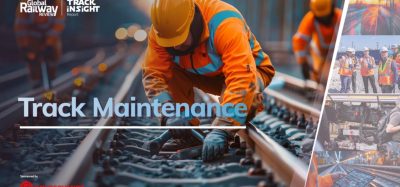
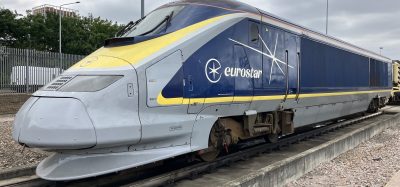

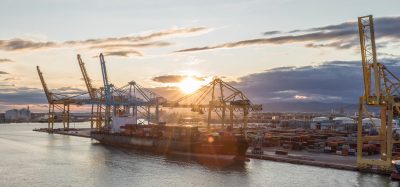

We have been working on this topic since 2004 here at the Centre for Transport and Society, University of the West of England. I would be interested to hear from the author about the research mentioned in the article.
Hi Juliet, We have passed your comment on to the author of this article.
It would be wonderful if somehow U.S. business and political leaders could be educated about the economic, social, and environmental benefits of modern intercity rail passenger service. Perhaps then our domestic anti-rail fanatics could be overcome such that our nation joins other industrialized nations in developing truly modern, multi-modal transportation.